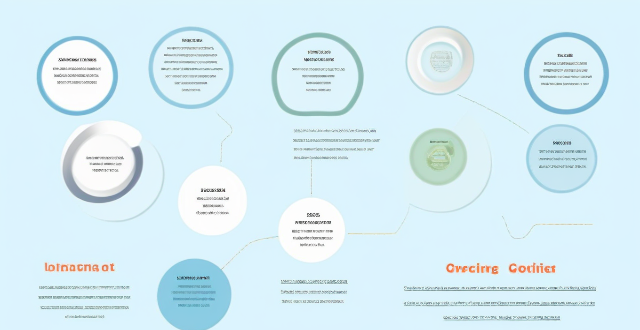To improve your chances of winning an academic competition, focus on understanding the rules and criteria, researching past winners, developing a strong research plan, creating a well-structured outline, writing clearly and concisely, practicing presentation skills if applicable, seeking feedback from peers or mentors, paying attention to details, and meeting deadlines. Consistency, dedication, and attention to detail are key factors in achieving success.

How Can I Improve My Chances of Winning an Academic Competition?
Overview:
Winning an academic competition requires a combination of preparation, strategy, and execution. Here are some tips to improve your chances of success:
1. Understand the Competition Rules and Criteria
- Read the Guidelines Thoroughly: Make sure you understand all the rules, requirements, and evaluation criteria for the competition. This will help you tailor your approach accordingly.
- Focus on Key Areas: Identify the areas that carry the most weight in terms of scoring or judging criteria, and concentrate your efforts there.
2. Research Previous Winners and Entries
- Analyze Past Winners: Look at past winners and their entries to get an idea of what the judges are looking for.
- Learn from Their Successes and Failures: Try to identify common themes or strategies among successful entries and avoid mistakes that led to unsuccessful ones.
3. Develop a Strong Research Plan
- Conduct In-depth Research: Gather as much information as possible about your topic. Use credible sources and ensure that your research is up-to-date.
- Organize Your Research: Keep track of your sources and notes in a structured manner so that you can easily reference them later.
4. Create a Well-structured Outline
- Develop an Outline: Before starting to write, create a clear outline of your project. This will help you stay organized and ensure that you cover all necessary points.
- Follow a Logical Flow: Make sure your outline follows a logical sequence, making it easy for judges to follow your argument.
5. Write Clearly and Concisely
- Use Simple Language: Avoid jargon or overly complex language unless it's necessary for your topic.
- Be Concise: Stick to the point and avoid unnecessary information. Judges often have many entries to review, so make it easy for them to understand your project quickly.
6. Practice Your Presentation Skills (if applicable)
- Rehearse Your Talk: If your competition involves presenting your work, practice delivering your talk multiple times.
- Seek Feedback: Ask someone to listen to your presentation and provide feedback on areas for improvement.
7. Seek Feedback from Peers or Mentors
- Get Constructive Criticism: Show your work to others who can provide constructive criticism. They may spot weaknesses or offer suggestions for improvement.
- Incorporate Feedback: Use the feedback you receive to refine your work before submitting it.
8. Pay Attention to Details and Deadlines
- Proofread Carefully: Check for spelling and grammar errors, as well as formatting issues.
- Meet Deadlines: Ensure that you submit your entry before the deadline. Procrastination can lead to rushed work or missing the submission window entirely.
By following these steps, you can significantly enhance your chances of winning an academic competition. Remember, consistency, dedication, and attention to detail are key factors in achieving success. Good luck!